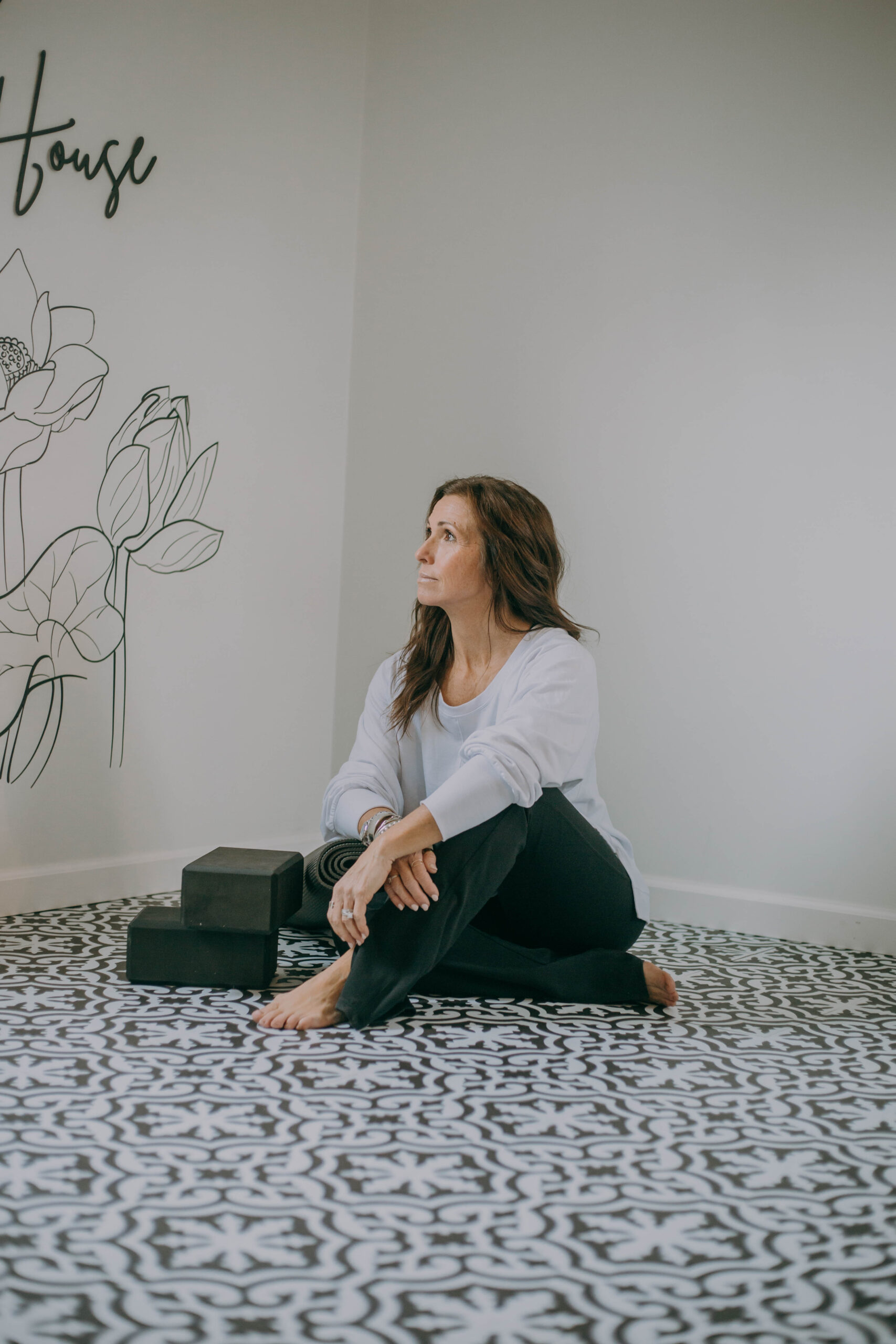After working with many different people, each going through different things and often transitioning from one situation into another, a common feeling gets brought up a lot – loneliness. There is a difference, however, between loneliness vs. being alone. They represent fundamentally different experiences. While both involve a state of solitude, their emotional implications and effects on well-being vary significantly. Let’s chat about some distinctions between loneliness and being alone, psychological impacts of each, and strategies for navigating these.
Understanding the differences between loneliness and being alone can help you navigate the emotional landscapes of each. Loneliness is a complex emotional response characterized by feelings of isolation, sadness, and disconnection from others. It can occur even in the presence of others, highlighting that loneliness is more about the quality of social connections than the quantity. Prolonged loneliness is often associated with increased risks of depression, anxiety, and other mental health disorders. In addition, research indicates that chronic loneliness can lead to adverse health outcomes, including cardiovascular issues and weakened immune responses.
Factors contributing to loneliness include:
- Lack of Meaningful Relationships – a deficiency in deep, supportive connections
- Social Isolation – physical separation from others
- Cultural and Societal Influences – societal norms and expectations regarding relationships, especially in cultures that prioritize individualism
Being alone refers to a state of solitude where an individual is physically separated from others. This experience can be positive or negative, depending on one’s perspective and emotional state. The negative effects of prolonged or unwanted solitude can lead to feelings of isolation, particularly if it is accompanied by negative self-talk or anxiety.
However, some benefits of being alone can include:
- Self-Reflection – time spent alone can promote mindfulness and foster introspection, self-discovery, and personal growth
- Creativity and Productivity – solitude can provide an environment conducive to creativity and focused work, free from external distractions and, in turn, the development of personal interests
- Emotional Regulation – alone time can foster the ability to manage and respond to your emotions in a healthy and constructive way
- Restoration and Rejuvenation – many people find that being alone allows for relaxation and mental recovery, leading to enhanced well-being
When experiencing either one, you may feel separated from the world or believe others don’t accept you. There are strategies to help you through. Some include:
- Cultivating connections – to combat loneliness, actively seek to build and maintain meaningful relationships. There may be initial feelings of hesitation to start new relationships and navigating it can be difficult, yet safe and healthy human interaction can help. This could involve reaching out to friends, joining social groups, or participating in community activities. Volunteer; join a class, group, or club; if you enjoy a hobby, find a group who enjoys the same (even online) and become a part.
- Embracing solitude – by learning to appreciate and even seek out time alone, it opens time for you to engage in activities that you enjoy and that allow for self-reflection, such as reading, writing, or pursuing hobbies. Remember, being alone does not always lead to loneliness.
- Taking care of yourself – anything you can do to enhance your overall health and well-being will help you through this. Physical exercise, listening to music, and practicing mindfulness name a few. Certain things can help you become more comfortable with your responses to either being alone or loneliness. Believe it or not, even the foods you eat can help (or hinder) how your body (and mind) responds. Fueling your body wisely and giving it the nutrients it needs can help too.
- Seeking professional support – if feelings of loneliness become overwhelming, consider speaking with a mental health professional. Therapy can provide tools to address and navigate these feelings. Even if you feel so, you are not alone in any of this! You may feel separated from the world or believe others don’t accept you. If/when you experience this, it may be a confusing time in your life. It is so important to know there are safe places (and people) to help you heal, grow, and continue to build strength and knowledge.
Recognizing the distinction between loneliness and being alone is essential for promoting mental and emotional (and even physical) well-being and fostering healthier relationships. By opening yourself up to the possibility of both cultivating meaningful connections and embracing moments of solitude, you can better navigate the complexities of your emotions throughout life. This can ultimately lead to a richer, more fulfilling existence. Understanding and addressing this can empower you to thrive. Whether surrounded by others or enjoying your own company, it starts by knowing you are never truly alone in this journey!
Each week we try to correlate these Blog Posts with our weekly newsletter. In each you will also get a helpful Mindful Minute – this week, “Mindful Art.” If you haven’t yet, enter your first name, email and click “yes, please” in the black box within the main Blog Page of this website to have these drop into your inbox each week.
For additional tips on mindful living and topics like this, follow me @livinghealthyin5fields on social media.

you said: